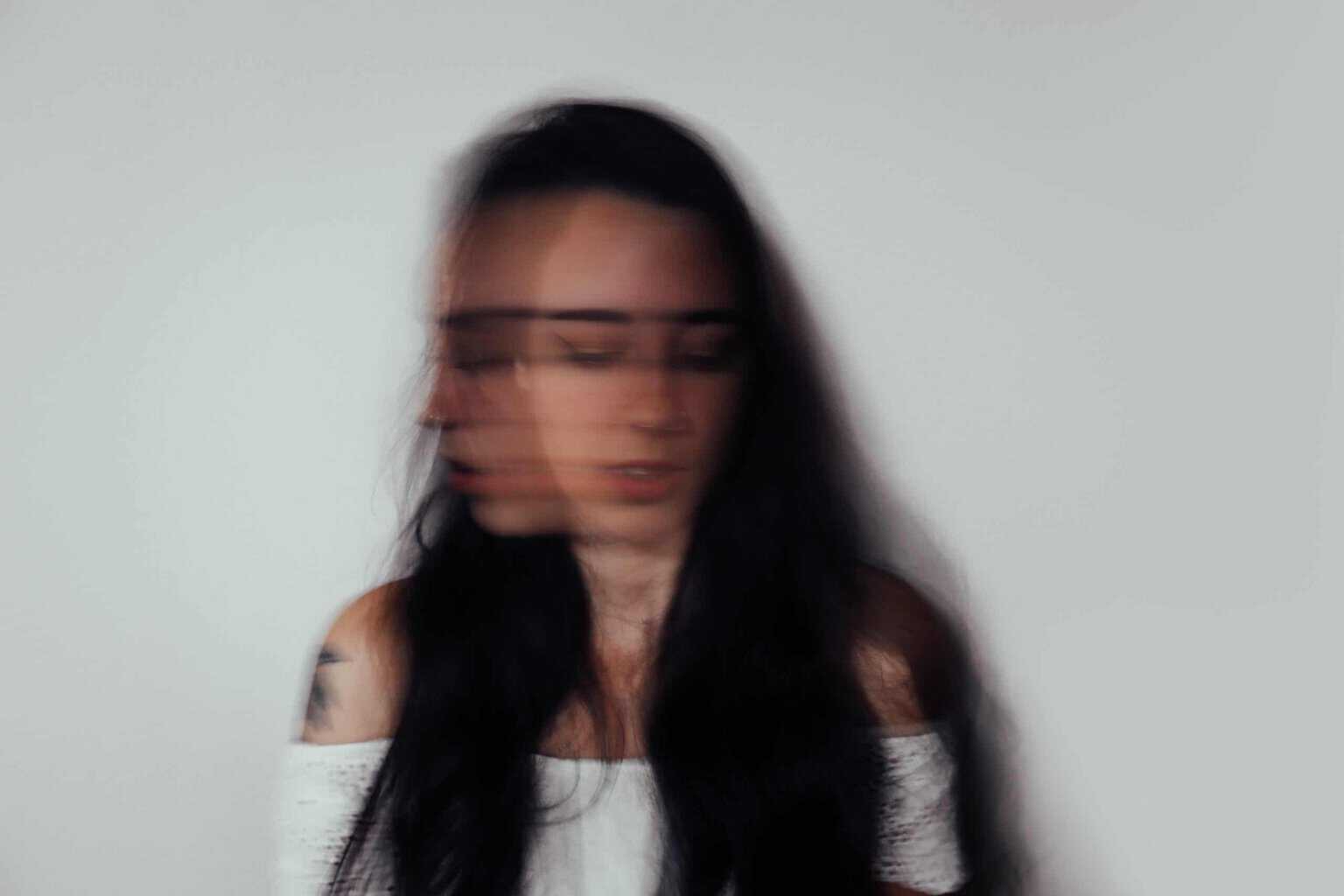Mental Health and Movement: Depression & Anxiety

It takes a lot of courage to talk about your fears and admit that you are not doing well mentally. Especially in the social setup that we stay in currently, loneliness is the real pandemic. As we enter the new year, we want to bring to light the stories of those who have grappled with mental health conditions and how they have overcome those. After all, fitness is not just for the body; mental fitness is key to a healthy and happy life.
The first blog in this series, covers the experience of a mother of two young children, who experienced mental health problem prior to the pandemic and how she worked on it with the help of professionals.
Katey’s Story
In 2019, Katey Kulkarni became aware of the fact that she was having difficulty in breathing. She had two daughters under 6 years of age, and this didn’t seem like a good symptom for a young person like her. She visited a cardiologist to get herself checked. The doctor told her that her heart was perfectly alright and that she had anxiety. He gave her sedatives and anti-anxiety medicines. But that didn’t help.
This was before the lockdowns had even been considered. But Katey completely lacked motivation to leave the house. She was having panic attacks and was incessantly worrying about nothing in particular. She kept thinking “Why am I anxious?”. And like a guinea pig the mind kept running in circles increasing her anxiety.
After 2 years and 2 lockdowns, Katey visited a Counsellor in June 2021, who diagnosed her with depression due to physical exhaustion. She was put on low dose of anti-depressants along with regular therapy sessions.
After 4 months, Katey went to a Psychiatrist, Dr. Nischoy Raval at Unalome Therapy, Pune. Dr. Raval was the one who fully diagnosed Katey with Anxiety disorder coupled with depression. Her medicines were changed, and she was prescribed regular exercise, twenty minutes a week amongst nature/trees, and daily walks. The medicines, along with the other small changes that she made really helped her. She didn’t feel any side effects from the pills.
One of the key things was to sleep and wake up at the same time daily to discipline the body and mind. He also advised her to stop looking for a cause for her anxiety, because there was none. It was a medical condition and not rooted in any incident or rational fear. She had recently adopted a puppy, which was encouraged by Dr. Raval as pets can really help in boosting one’s mood.
Katey had been doing Pilates on and off earlier, but the doctor’s prescription became her push to become regular with her Pilates sessions at our studio. Initially, getting ready, leaving the house and going to the studio was very difficult for her because of the anxiety. Simply dedicating herself to come here and accomplishing that was empowering in itself. She experienced increased energy levels after a few weeks of regular Pilates. And that was a great boost to her as her depression was due to physical exhaustion.
“Pilates has helped me feel physically and mentally stronger, given essential structure to my time, the regular classes ground my week. I feel a real sense of community and support from everyone there, instructors and clients.”
Anxiety and Depression
According to WHO, globally, it is estimated that 5% of adults suffer from depression. It is characterized by persistent sadness and a lack of interest or pleasure in previously rewarding or enjoyable activities. It can also disturb sleep and appetite. Tiredness and poor concentration are common. Depression is a leading cause of disability around the world and contributes greatly to the global burden of disease. The effects of depression can be long-lasting or recurrent and can dramatically affect a person’s ability to function and live a rewarding life.
Anxiety is an emotion characterized by feelings of tension, worried thoughts, and physical changes like increased blood pressure. Anxiety as a disorder is not the same as fear. It is a debilitating condition that prevents action due to excessive dread and worry. People with anxiety disorders usually have recurring intrusive thoughts or concerns. They may avoid certain situations out of worry. They may also have physical symptoms such as sweating, trembling, dizziness, or a rapid heartbeat.
Releasing endorphins helps
Some people might feel like these topics have been covered excessively in the media and that they assume they know a lot about it. But the stigma attached to depression makes it evident that there is still work required in educating the masses about the real nature of these disorders. And yes, anxiety and depression are clinically diagnosed conditions which need medical attention.
It really helps to take help from professional, mental health and physical fitness professionals, to see real difference in your health. We are building a community of mental health warriors. If you have a story to share, contact us.
Watch a fun Props Party video and release some endorphins
